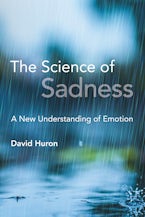Pioneering essays on the idea of the Balkan as a body of knowledge and a cultural metaphor.
Balkan. Somewhere between a tragedy and a myth, a place and a condition, the term is perhaps best understood as a metaphor. It has been used and abused in academia by proponents of opposing political views. Multiculturalism has appropriated it, as have postmodernism and postcommunism. It is used pejoratively to refer to excessive specialization and nostalgically to refer to Europe's lost people—its wild warriors and passionate geniuses. This book explores the idea of the Balkan as metaphor and the meaning of Balkan identity in the context of contemporary culture. Focusing on Balkanism both as a body of knowledge and as the critical study of that discourse, this book does for the Balkans what Edward Said's Orientalism did for "the Orient."The sixteen authors, most of whom were born and educated in the Balkans, apply the Western academic tools of postmodernism, poststructuralism, deconstruction, psychoanalysis, and critical multiculturalism to topics as varied as the rhetoric of Balkanization, the war in Kosovo, Western demonization and erotization of the Serbs, Balkan film, human rights legislation, Byzantinism, the vampire as an image of Balkan violence, envy of the political and moral capital of victimhood, the tendency of the Balkan psyche toward depression, Serbian machismo and homosexuality, and wartime rape. The book both lays the groundwork for a new field of study and serves as an act of resistance against the many forms of representation that break the Balkans into fragments such as NATO army bases and digital maps in order to wire them into the global market.












